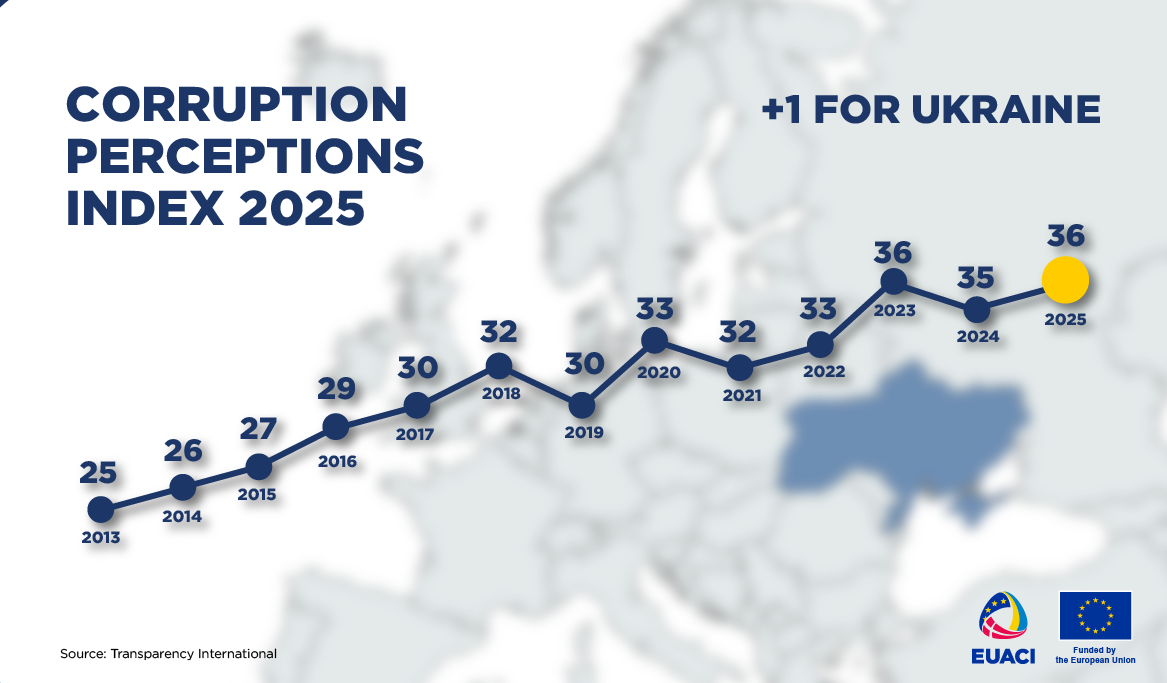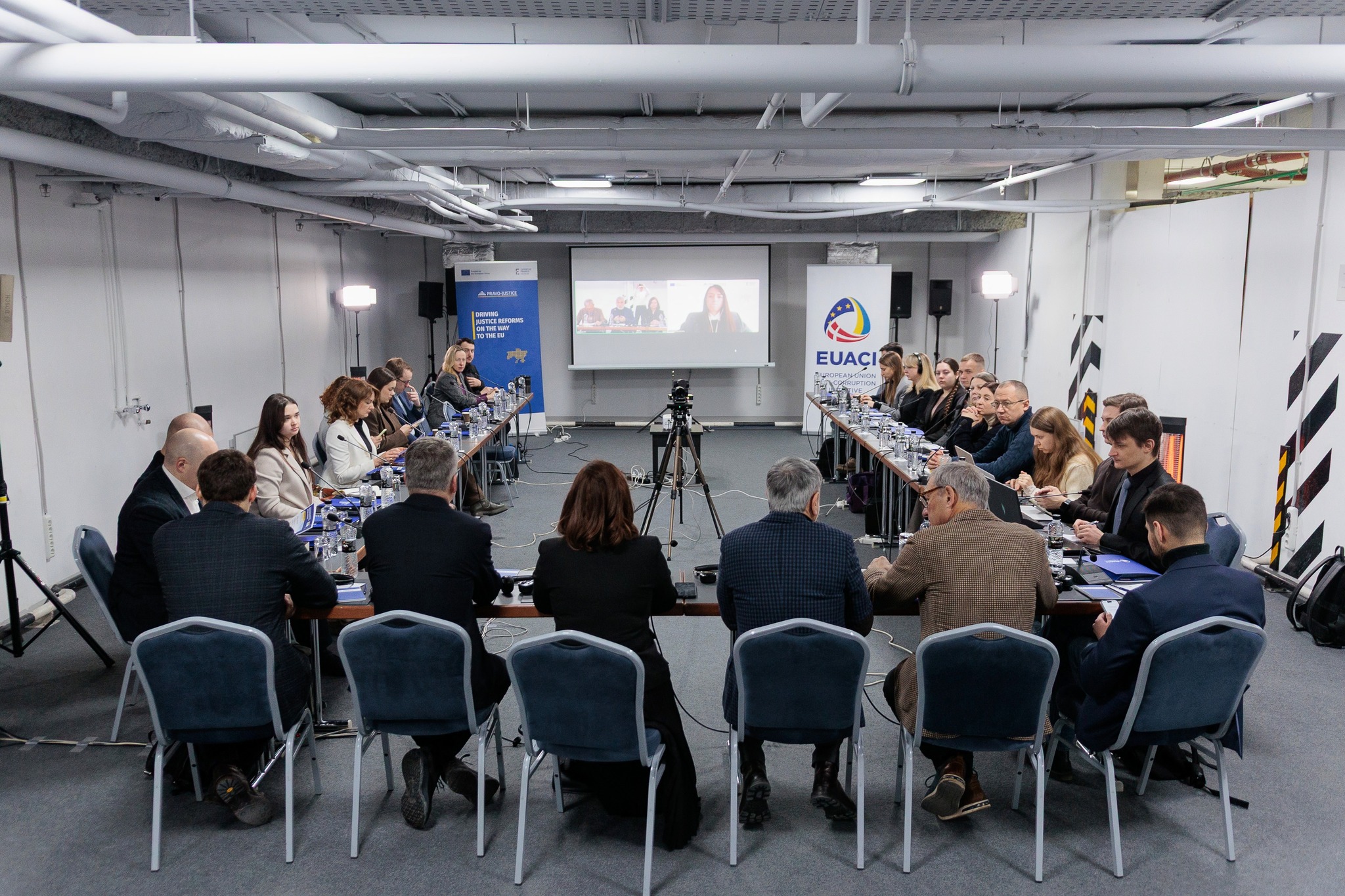The conference “5 years of HACC: from idea to capacity,” dedicated to the fifth anniversary of the creation of the High Anti-Corruption Court, was held in Kyiv on September 5th.
The professional community, including judges, experts, international partners, representatives of civil society, and the media, gathered at a conference in Kyiv to discuss the results of the HACC activities over the past five years and the Court’s future plans.
The event was held with support of the EU Anti-Corruption Initiative. The EUACI, together with US programs, contributed to the establishment of the Court from August 2018.
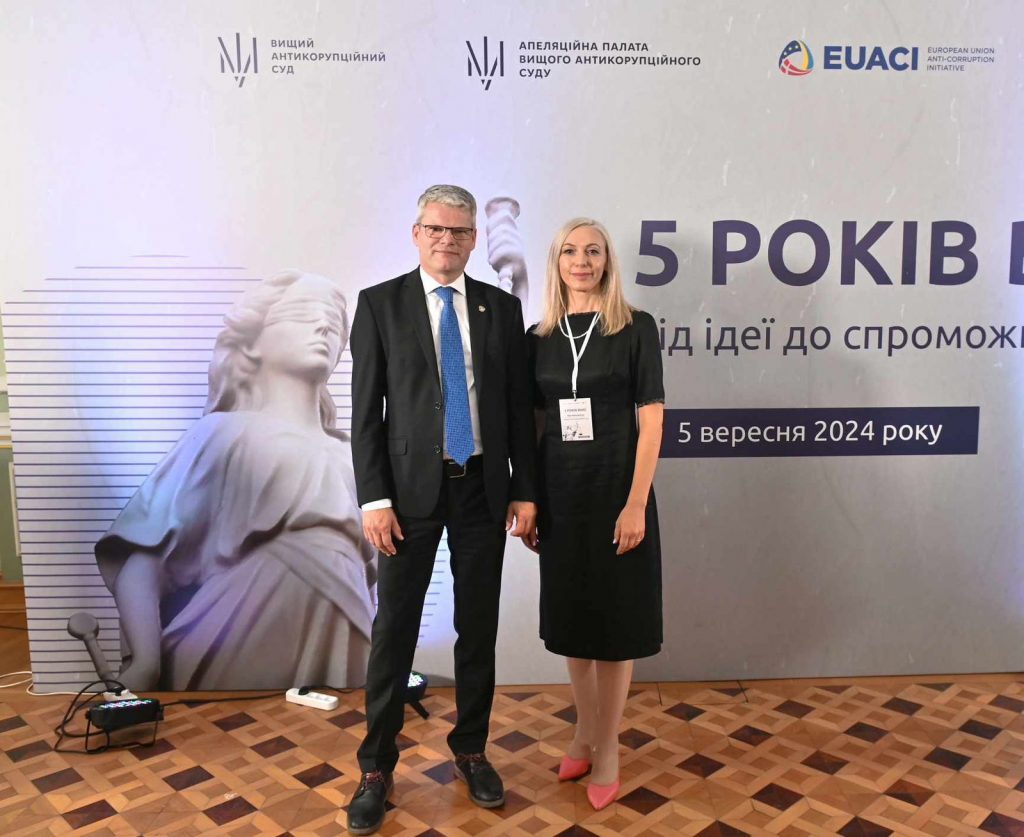
The Head of EUACI, Allan Pagh Kristensen, emphasized that the HACC’s results are very significant: 207 verdicts, 106 prison sentences, 40 persons behind bars. All in high-level corruption cases.
“One thing is the numbers. Not less important is the fact that your work is being respected and you have managed to build trust in your institution. I believe the Court has become the best example of fair and just trials in Ukraine,” said Allan Pagh Kristensen.
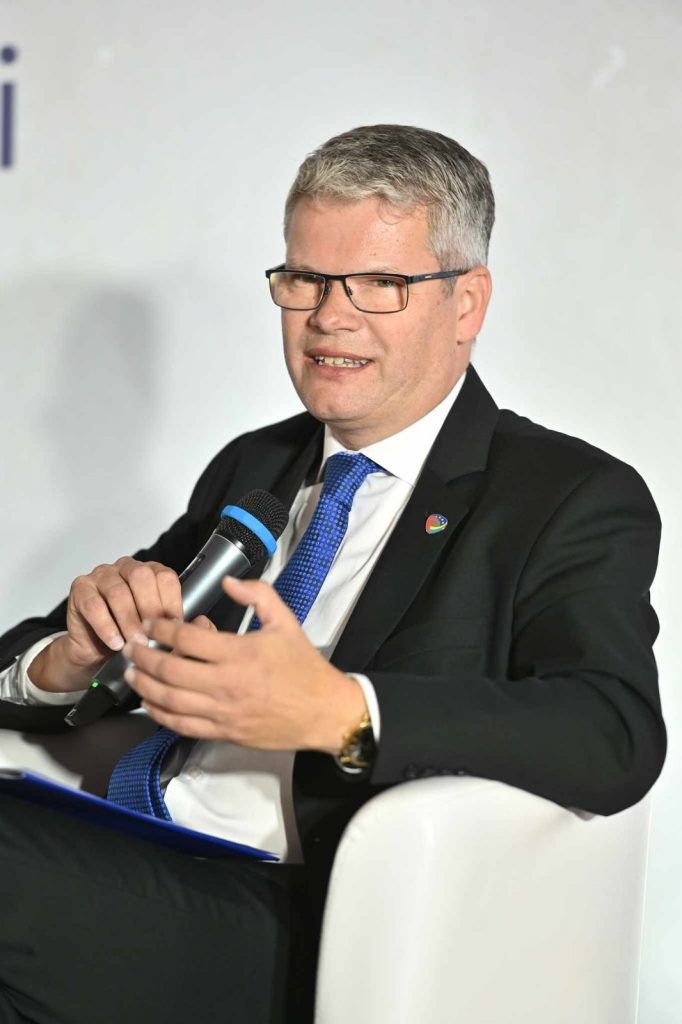
In her welcome speech, the Head of the HACC, Vira Mykhailenko, talked about the main stages of the institution’s establishment, the beginning of procedural activities, and the challenges faced by the Court, especially during the full-scale war. She said, “The High Anti-Corruption Court is more than an institution. It is a guarantee that it is possible and necessary to live according to the principles of honesty and truth in Ukraine.”
“Ukraine is on the threshold of big changes, and we have a chance to make these changes for the better for everyone. The highest goal of our work is not only punishment for crimes, but also their prevention through the education of a society where corruption will have no place, and justice will be real and fair,” Vira Mykhaylenko said.
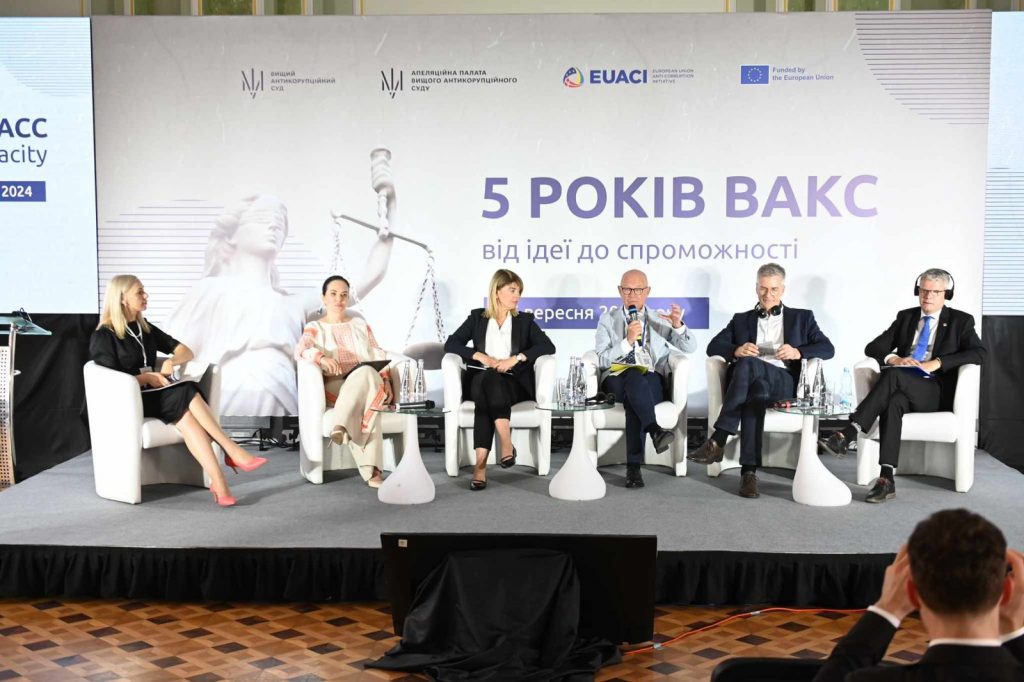
During the first panel of the conference, the invited speakers discussed the strategic vision of the development of the HACC, as well as international assistance to the Court. During the panel, the USAID Deputy Mission Director, Theodora Dell, the Ambassador of the Kingdom of Denmark to Ukraine, Ole Egberg Mikkelsen, the Head of Cooperation Programs at the EU Delegation to Ukraine, Stefan Schleuning, the Head of the EU Anti-Corruption Initiative (EUACI), Allan Pagh Kristensen, and the Deputy Head of the Office of the President of Ukraine, Iryna Mudra, spoke during the panel.
“During my years in Ukraine, I have seen the political will and determination continue to grow despite the Russian aggression. The battle is not over. But let me assure you that Denmark will be just as steadfast in our support for your fight against corruption as we are in our support for your armed struggle on the battlefields,” said the Danish Ambassador to Ukraine, Ole Egberg Mikkelsen.
The Head of Cooperation Programs at the EU Delegation to Ukraine, Stefan Schleuning, noted the results of the work of the HACC and stated that the European Union will continue to support Ukraine in its fight against corruption.
The executive director of Transparency International Ukraine, Andrii Borovyk, presented the new “HACC decided” portal, where the judgments of the Court and details of the most high-profile cases are collected.
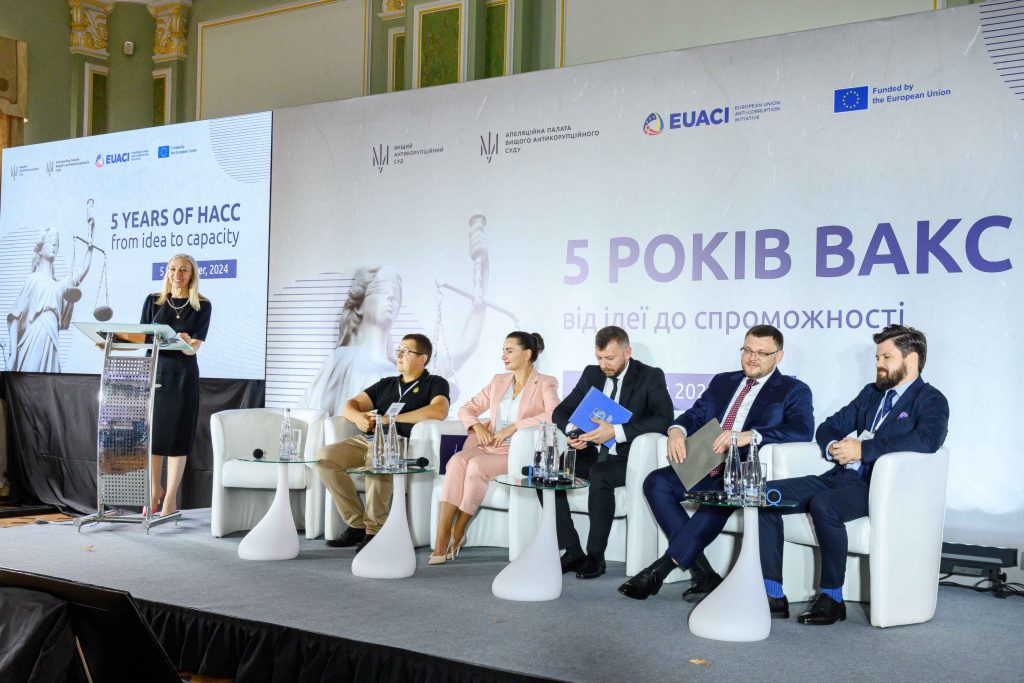
The conference’s second panel was devoted to the practical challenges of the HACC with participation of judges. lawyers and heads of anti-corruption institutions.
The EU Anti-Corruption Initiative congratulates the High Anti-Corruption Court on its anniversary.
Watch the full recording of the conference via the links:
The presentation with the HACC and the HACC Appeal Chamber results over the past five years: http://surl.li/iguhkc

